Fact check: do fertility apps work?
Advert claiming that Natural Cycles contraceptive app is ‘highly accurate’ banned by UK watchdog
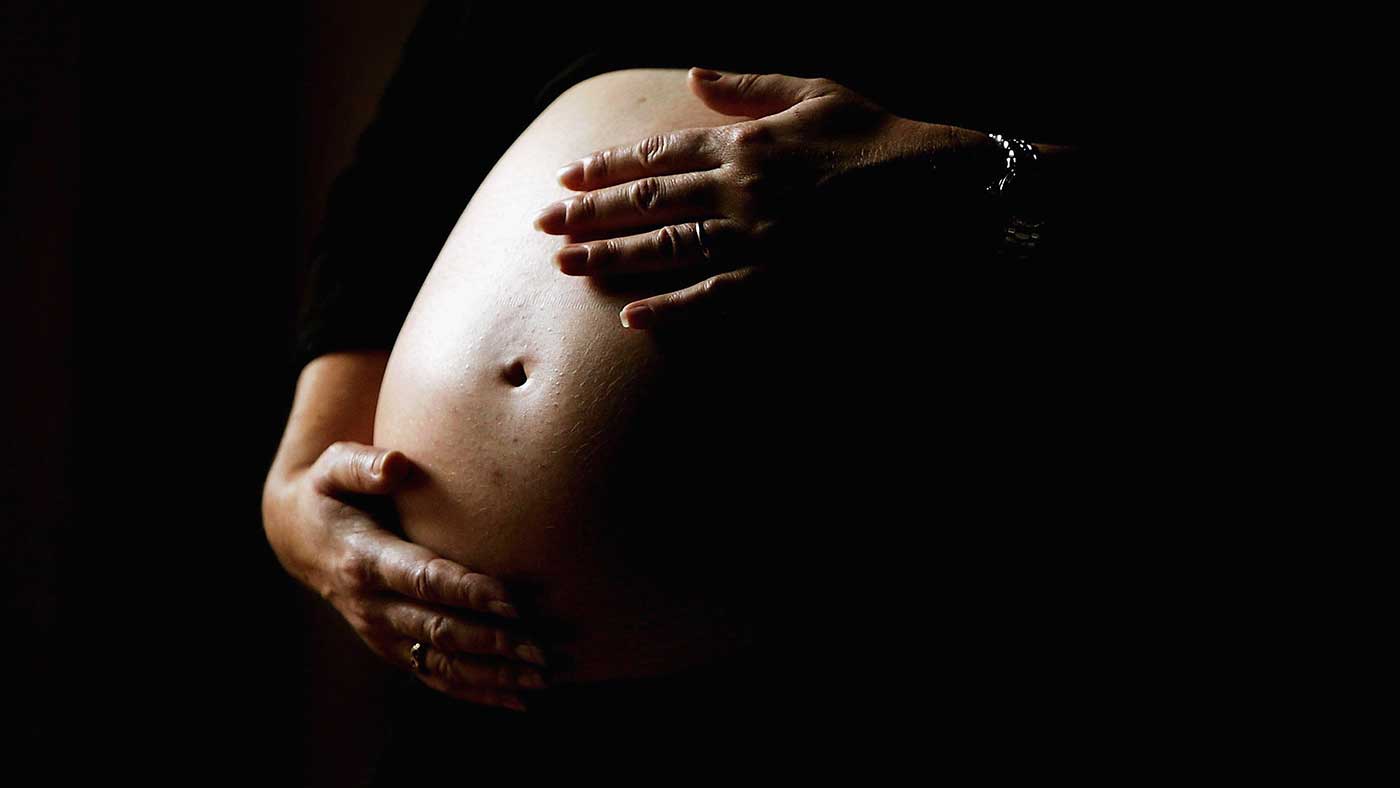
A free daily email with the biggest news stories of the day – and the best features from TheWeek.com
You are now subscribed
Your newsletter sign-up was successful
An advert for a mobile phone app that provides a natural alternative to contraception has been banned in the UK, reigniting the debate surrounding their reliability and efficacy.
Natural Cycles, the first app to be officially approved as a digital birth control method, was claimed to be “highly accurate” and to provide a “clinically tested alternative” to other methods of contraception.
But the Advertising Standards Authority (ASA) ruled last week that these claims, made in a Facebook ad released last year, were misleading and exaggerated.
The Week
Escape your echo chamber. Get the facts behind the news, plus analysis from multiple perspectives.

Sign up for The Week's Free Newsletters
From our morning news briefing to a weekly Good News Newsletter, get the best of The Week delivered directly to your inbox.
From our morning news briefing to a weekly Good News Newsletter, get the best of The Week delivered directly to your inbox.
Natural Cycles is also being investigated by Sweden’s Medical Products Agency, which told the BBC that it had received around 60 complaints relating to unwanted pregnancies among women using the app.
As the popularity of these apps continues to grow, The Week examines how effective they really are.
How does the Natural Cycles app work?
Natural Cycles was the first fertility app to be officially classed as a medical device and approved in Europe and the US. The company claims to have more than 250,000 users in the UK alone.
A free daily email with the biggest news stories of the day – and the best features from TheWeek.com
Women are required to measure their body temperature each morning and enter the results into the app, along with the date of their last period.
An algorithm then takes various factors into account, including sperm survival, temperature fluctuations and cycle irregularities, to determine whether the user is fertile on that day.
This allows women to prevent pregnancy by avoiding sex or using another birth control method during fertile days.
Alternatively, if women are trying to become pregnant, it helps them identify the days of the month when they are most likely to conceive.
What do the makers of the app say?
The company claims that its smartphone fertility-tracking app is as good as the pill at preventing pregnancy.
“Women around the world are interested in exploring effective non-hormonal, non-invasive forms of contraception - and now they have a new, clinically verified and regulatory approved option to choose from,” says Swedish physicist Dr Elina Berglund Scherwitzl, co-founder of Natural Cycles.
“Our high-quality clinical studies, together with the required regulatory approvals, means we can provide women everywhere with a new option for contraception,” she adds.
However, the app does come with a caveat. “No contraception is 100% effective, and unwanted pregnancies are an unfortunate risk with any contraception,” a spokesperson for the company told Wired.
What does the research say?
In a 2015 study, researchers in Sweden examined the results of 317 women aged 18 to 39 years who used the Natural Cycles app.
They concluded that the device was “effective at identifying a user’s ovulation day and fertile window and can therefore be used as a natural method of birth control”.
A second study evaluating the app’s effectiveness in preventing unwanted pregnancies was published in the peer-reviewed European Journal of Contraception and Reproductive Health Care in 2016.
The retrospective research, which involved more than 4,000 women in Sweden, found that around seven out of every 100 women using the app were likely to get pregnant within a year.
This is less than the rate for those using the combined pill (nine in 100) or condoms (18 in 100), fact-checking website Full Fact reports.
“Researchers said it was important to note that half of the women (51%) reported having unprotected sex during the fertile phase of their cycle.”
A third study, published last year, came to similar conclusions. It found that an average of 6.9% of Natural Cycles users were likely to get pregnant with a year.
In August, the US Food and Drug Administration approved the app for use, describing it as an effective method of contraception if “used carefully and correctly”.
But women “should know that no form of contraception works perfectly, so an unplanned pregnancy could still result from correct usage of this device”, said Terri Cornelison, from the US Food and Drug Administration’s Center for Devices and Radiological Health.
So, what’s the problem?
The NHS warns that there is a clear conflict of interest in the research carried out to date.
All three studies were funded by Natural Cycles, and the app’s creators, Berglund Scherwitzl and her husband, Raoul Scherwitzl, were lead authors on all of the papers.
Users should also be careful when comparing the app’s failure rate – how often an unplanned pregnancy occurs – with those of traditional forms of contraception.
The figures for traditional contraception are taken from numerous studies done over many years, while the Natural Cycles ones only look at the app and “mean their figures just are not comparable”, according to the BBC.
Critics also point out that the app’s fertility calculations can be skewed by various factors, including disturbed sleep or irregular sleep patterns, drinking alcohol, and travelling. Natural Cycles says “this does not reduce the effectiveness of the algorithm, which will err on the side of caution and give more red days” in those circumstances.
Dr Cecilia Pyper of FertilityUK said that independent research needs to be done into fertility apps such as Natural Cycles.
“There are currently hundreds of fertility apps and period trackers and no system to evaluate these technologies, which are changing at a very fast pace,” she told BBC Newsbeat.
“Large, independently conducted prospective trials are needed before apps can be considered for contraceptive use,” Pyper added.
What’s the consensus?
The available evidence suggests that the fertility app Natural Cycles is an effective method of contraception when used correctly. However, the research was not independent and further studies are required to establish its efficacy and reliability.
-
 Local elections 2026: where are they and who is expected to win?
Local elections 2026: where are they and who is expected to win?The Explainer Labour is braced for heavy losses and U-turn on postponing some council elections hasn’t helped the party’s prospects
-
 6 of the world’s most accessible destinations
6 of the world’s most accessible destinationsThe Week Recommends Experience all of Berlin, Singapore and Sydney
-
 How the FCC’s ‘equal time’ rule works
How the FCC’s ‘equal time’ rule worksIn the Spotlight The law is at the heart of the Colbert-CBS conflict
-
 Palantir’s growing influence on the British state
Palantir’s growing influence on the British stateThe Explainer Despite winning a £240m MoD contract, the tech company’s links to Peter Mandelson and the UK’s over-reliance on US tech have caused widespread concern
-
 Coronavirus: does test-and-trace work to keep Covid-19 cases down?
Coronavirus: does test-and-trace work to keep Covid-19 cases down?In Depth Experts say UK’s £12bn system is having ‘marginal impact’ infections rates - but are other countries faring any better?
-
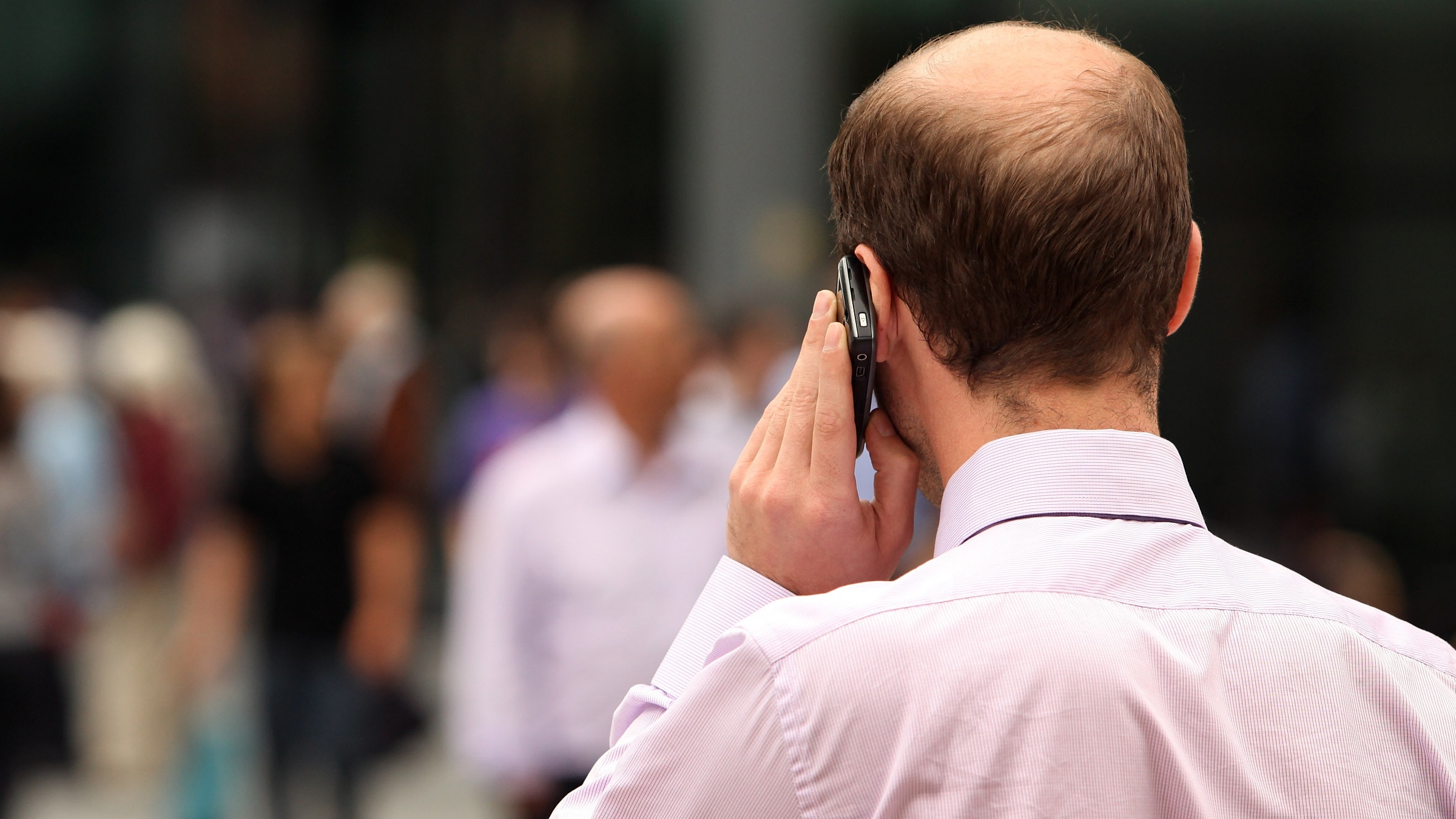 Fact check: behind the 5G conspiracy theories
Fact check: behind the 5G conspiracy theoriesIn Depth Scientists dismiss any link between mobile technology and coronavirus pandemic
-
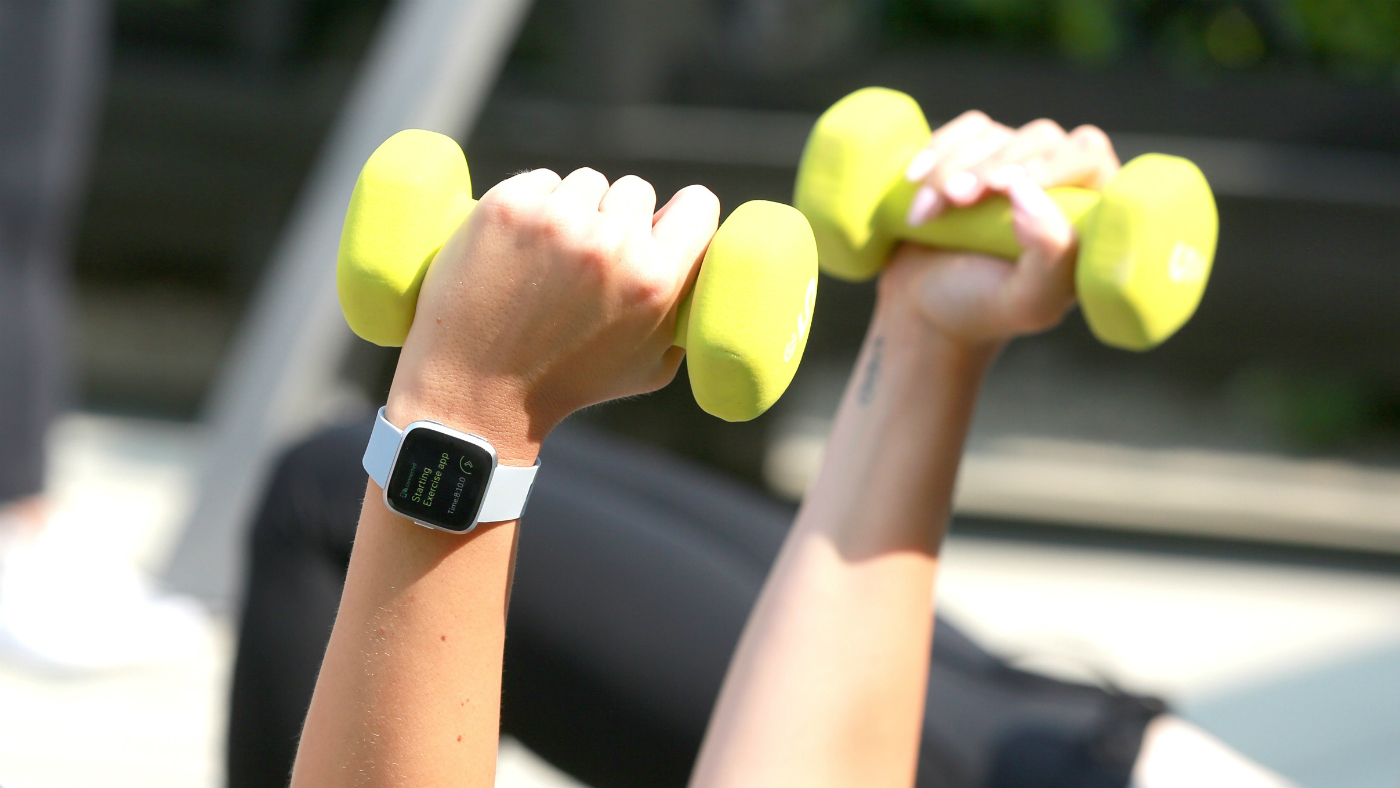 Fact check: do fitness trackers help you lose weight?
Fact check: do fitness trackers help you lose weight?In Depth The Week examines whether wearable tech really can aid slimmers
-
 Fact check: do mobile phones cause cancer?
Fact check: do mobile phones cause cancer?In Depth The Week looks at the conflicting evidence and asks whether a scientific consensus can be reached
-
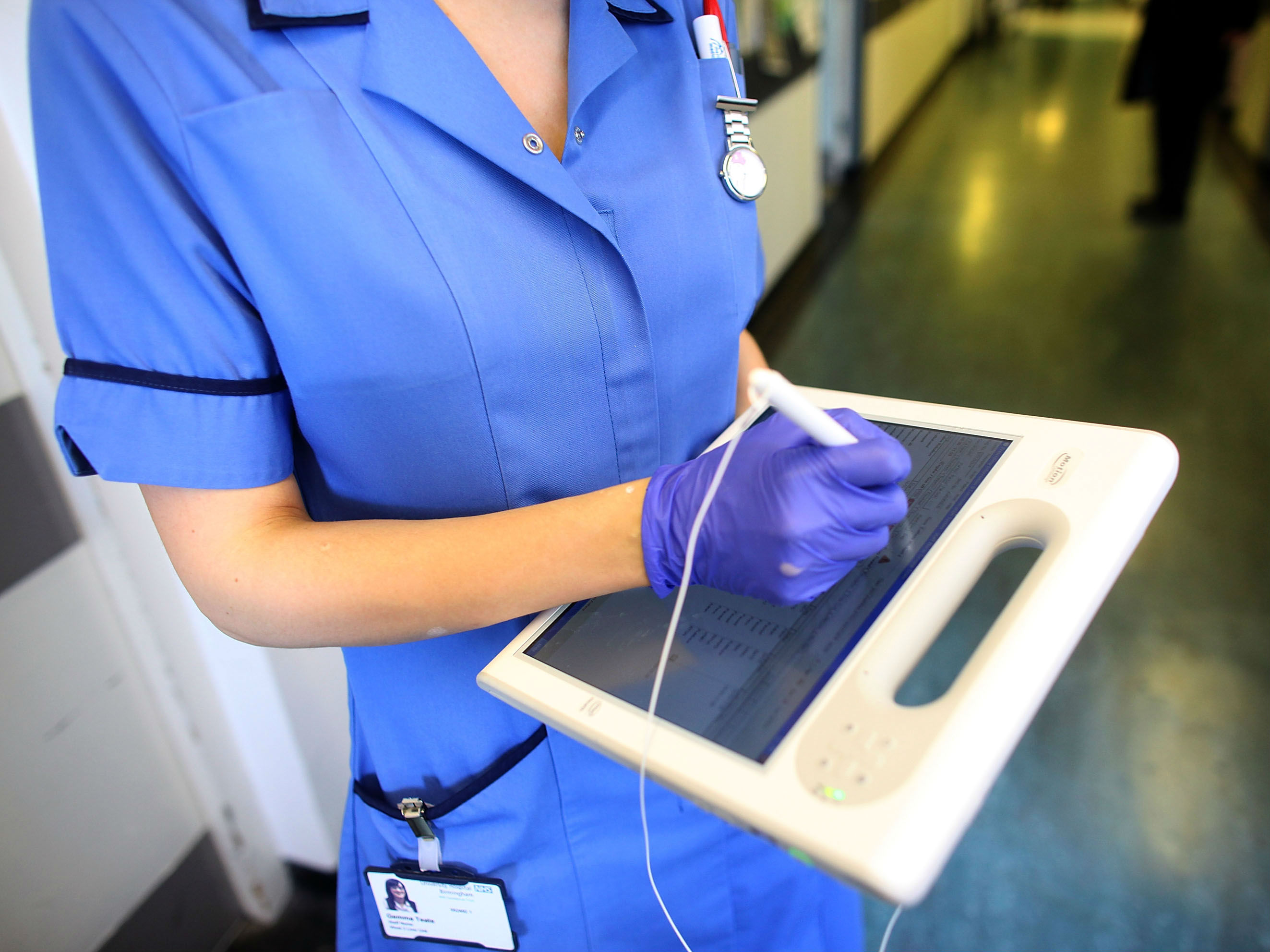 NHS 111 inquiries to be handled by AI, leaked report suggests
NHS 111 inquiries to be handled by AI, leaked report suggestsSpeed Read Automated online service could ease pressure on health workers
-
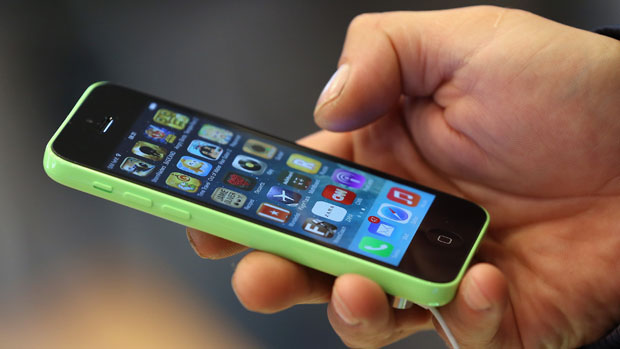 Fact Check: The truth about mental health apps
Fact Check: The truth about mental health appsIn Depth The NHS recommends them but can the new technology really improve our mental well-being?
-
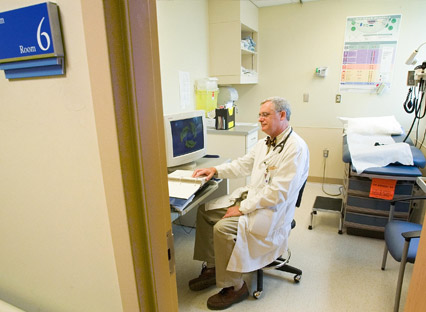 Hunt: new plans for patients to access their GP records via smartphone
Hunt: new plans for patients to access their GP records via smartphoneSpeed Read Health Secretary wants one in four smartphone users to be able to link up directly with the NHS by 2017